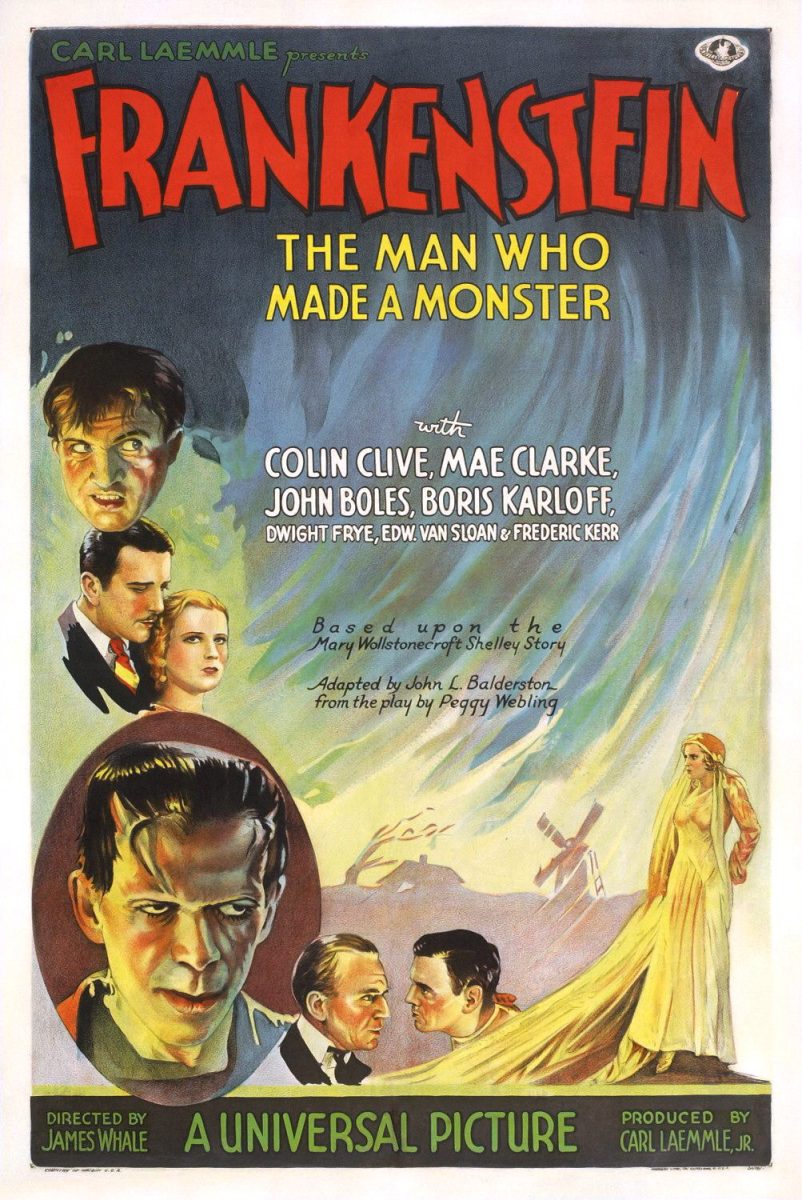Everyone has heard the term “minor,” yet there are many students that don’t understand what constitutes a minor in terms of degrees one can work towards. The benefits of minoring in a specific field also go unknown to many, despite how easy it is when you start early on in your academic career.
One advantage of a minor is that our major degree requirements are unavoidable, but a minor allows those pesky elective credits to actually mean something. Colorado Mesa University (CMU) requires that everyone fulfills 15 free elective credits before they graduate, and a minor typically consists of 15-18 credits. Essentially, taking a minor fills this requirement instead of taking a bunch of random electives you’ll never remember you even took.
Even more beneficial is that if the minor you choose is related to your major you have the chance to “double-dip” and use the same class to fulfill two different requirements.
For example, a history major who minors in public history can take a class like HIST 331, which covers the 20th century and would fulfill requirements for both disciplines. But don’t be mistaken; minoring is not one of those classic resume-building clubs or internships where it feels like you’re only doing it for the label.
A minor allows you to explore a whole different interest you have that may or may not be related to your major and make your academic career feel more uniform. The most beneficial reason for minoring is that it proves a more diverse background and knowledge in the job field.
The fact is that a minor can be extremely useful and beneficial to your major. Once you declare a major, one obviously commits to a subject by default, yet a minor is a healthy way to complement a major with another subject you may be interested in.
With all the benefits of a minor, it’s difficult to see why no one would take advantage. At the same time, there often isn’t enough accessible information on what minors are available to you. Minors aren’t advertised heavily, so it would be best to inquire with your advisor to get a feel if it’s right for you.
You can always choose to add a minor, but if you wait too long it might delay graduation, which isn’t worth it to many. Overall there is no drawback to adding a minor to your repertoire, as it will only benefit you in the long run and make your college career much more enjoyable.









